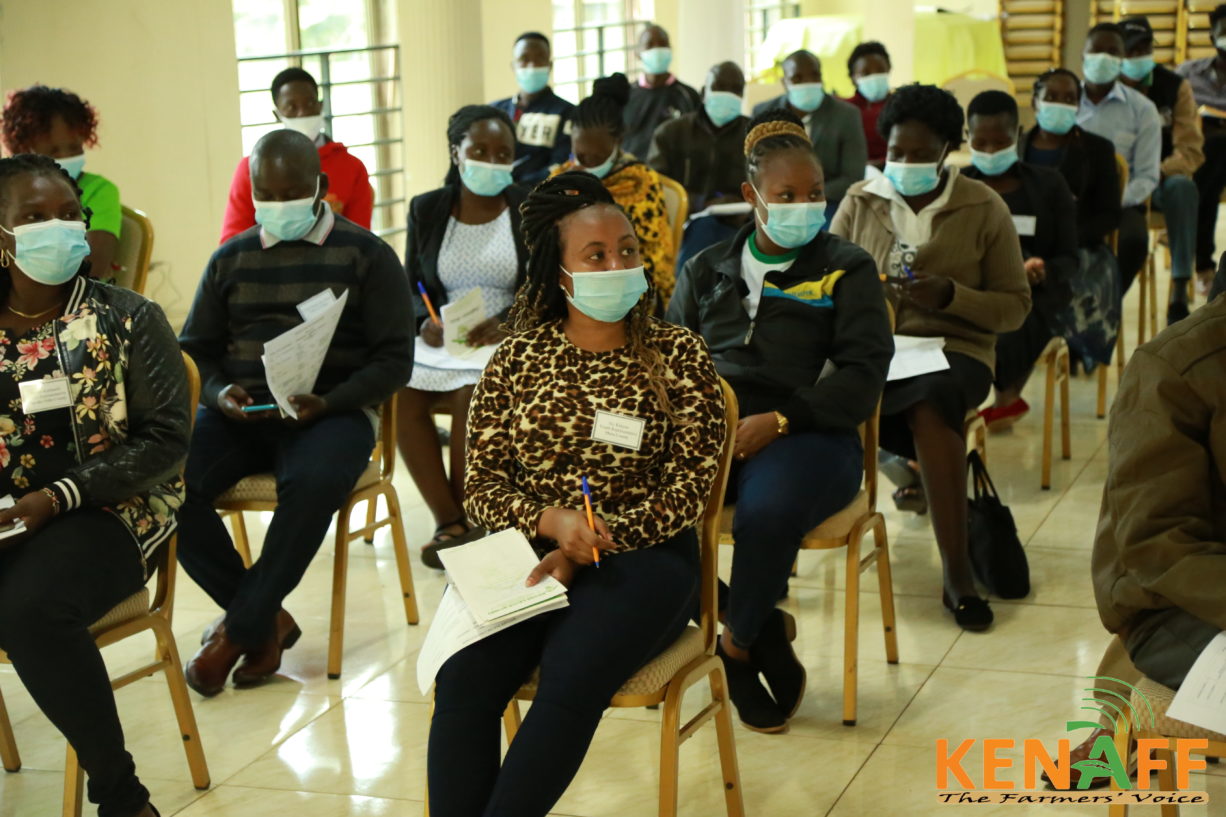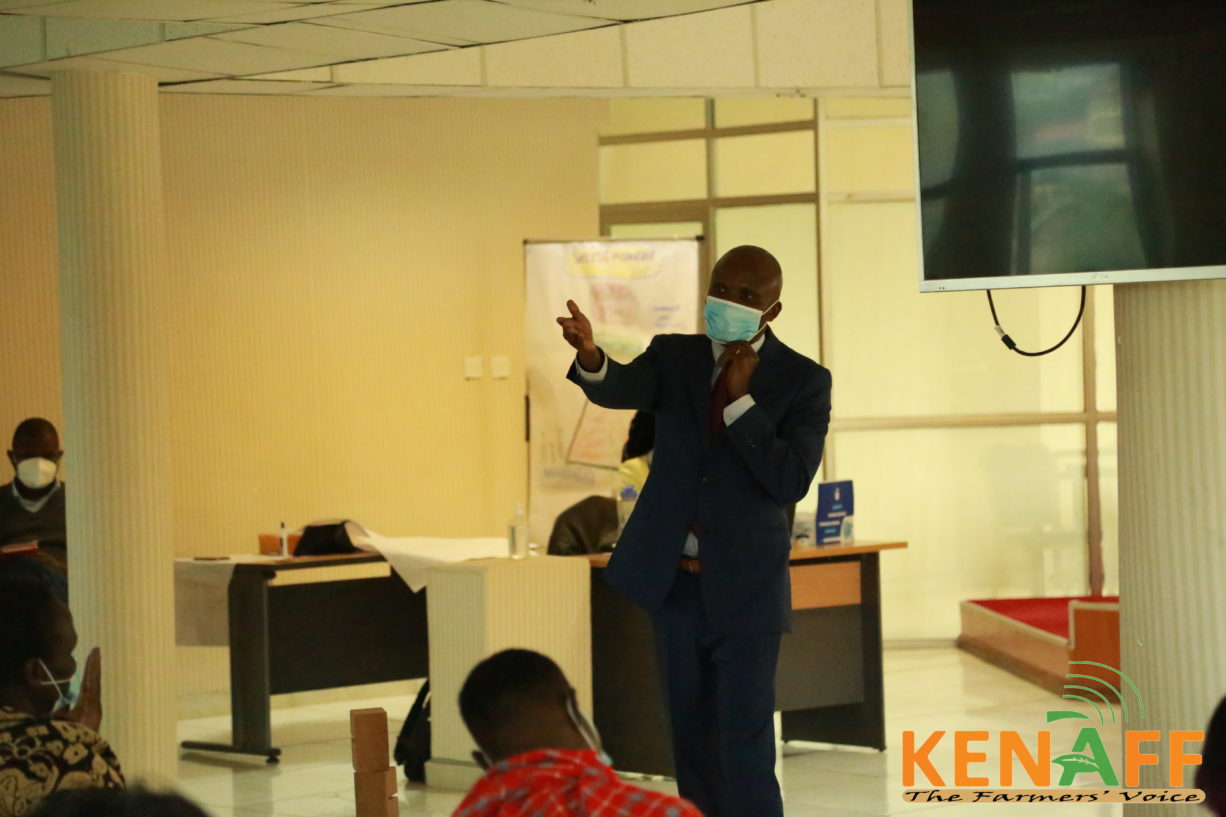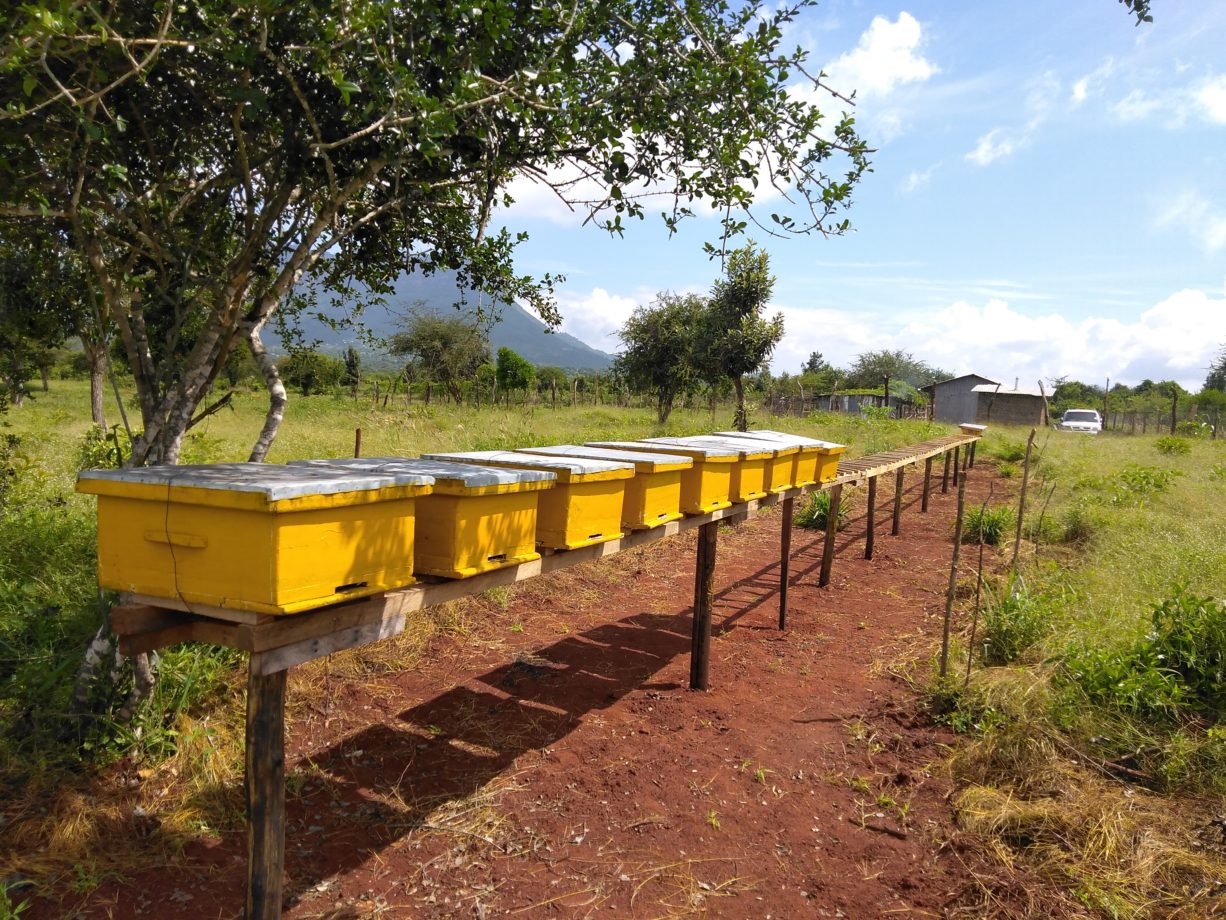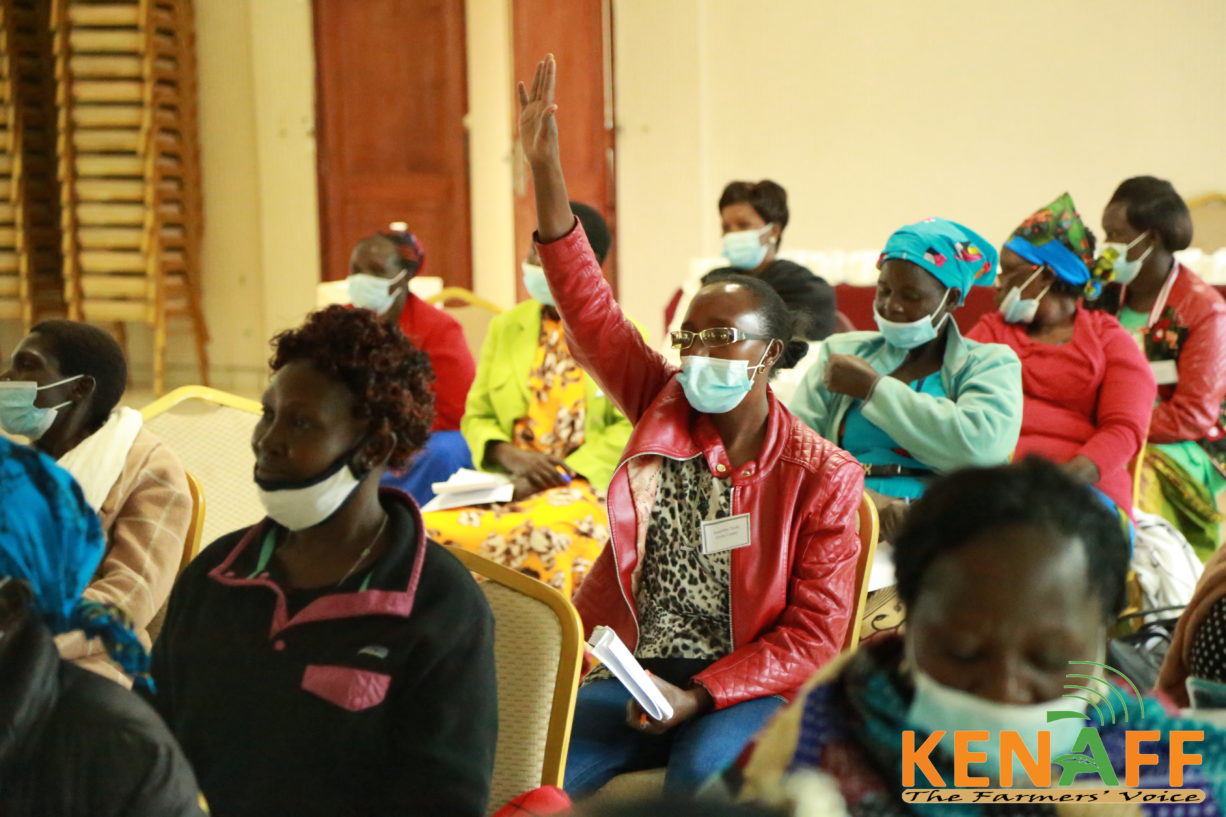The Kenya National Farmers’ Federation has been undergoing a restructuring process in recent years. Given the importance of the agricultural sector in Kenya, KENAFF is a decisive player in the country’s socio-economic transformation and development, as aspired to in the objectives of key Kenyan and international strategies for agriculture. Above all, the Agriculture Sector Transformation and Growth Strategy (ASTGS, 2019-2028) and the United Nation’s Sustainable Development Goals (SDGs) play a critical role here.
Unfortunately, however, in recent years KENAFF’s mission, operational effectiveness, and strategic outlook have encountered severe difficulties due to internal and external pressure. As a result, the federation’s ability to articulate, promote, and protect the interests of its members has faced so many challenges that it has been ineffective at best and has not acknowledged members’ goals at worst.
KENAFF forced to act
In Kenya’s decentralised political system, agriculture is a decentralised responsibility in each of its 47 counties. This means that county governments are now responsible for agricultural development. It then follows that KENAFF county federations should be the operational hubs of the federation. In the course of this sharing of responsibilities, a major part of the tasks must be purposefully divided between KENAFF headquarters in Nairobi and county federations. The Andreas Hermes Akademie (AHA) is working together with KENAFF to address this challenge and the aforementioned problems. After an initial pilot phase to accompany the restructuring process of the county federations (in Kakamega County since 2016), the AHA is now active in 12 counties together with KENAFF.
KENAFF has set December 2022 as its own deadline by which all KENAFF county federations should be decentralized and running their own businesses without existential dependencies on KENAFF headquarters. However, due to the federation’s financial difficulties over the past 5-6 years, it has not been possible to hold Annual General Meetings (AGMs) in accordance with KENAFF’s statutes. As a result, the indispensable need for rejuvenation and revitalization that organizations must experience from time to time through leadership change has not happened at KENAFF for a long time. It has therefore been increasingly difficult for KENAFF to develop new ideas and make important decisions, although this would have been necessary.
In addition to the AGM, KENAFF had also planned to hold a national farmers’ assembly to confirm its new strategy as well as holding elections at all levels. When these 2019 milestones were planned, there was no mention of COVID-19. Even at the beginning of the year, the African continent was still largely untouched by the pandemic and its effects. Following the National Farmers’ Assembly in January, KENAFF became involved in planning and preparing the March 2020 elections. Elections were to start at the ward level, where individual farmers directly elect their representatives. But in May, COVID-19 increasingly restricted public life in Kenya as well, and KENAFF had to suspend elections in the individual counties. By this point, all wards in 28 counties had successfully completed their elections.




